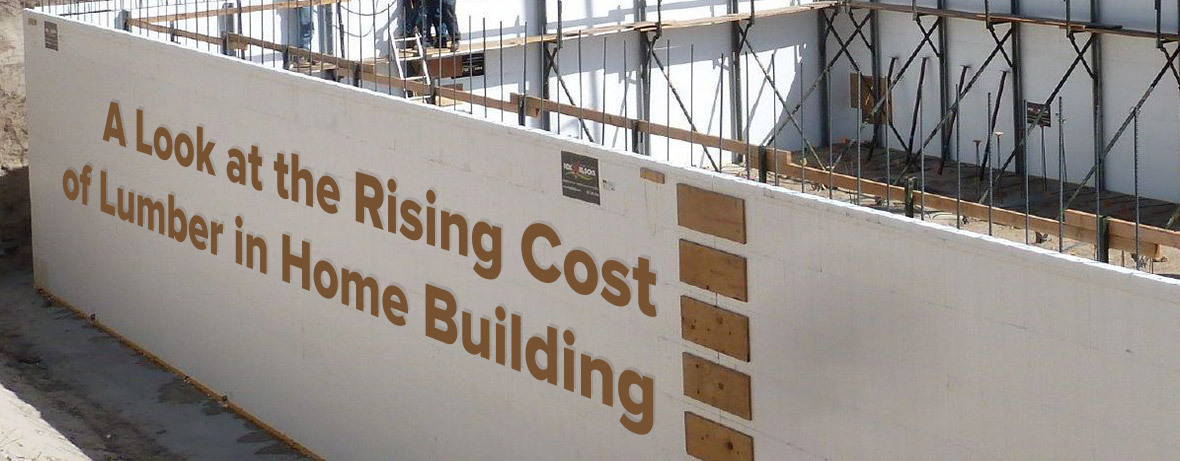
Understanding Insurance Trends for Wood vs. Concrete Midrise Buildings
Fox Blocks Recognized at 2013 ICF Builder Awards Projects from Five States Receive Awards
We are honored to be recognized with these five ICF Builder Awards. Fox Blocks won five awards in three categories, with projects from five different states.

8 Earthquake-Resistant Construction Techniques for a Reliable Build
Project Estimator

Building for Durability: The 7 Strongest Building Materials for Residential Construction
Building a home involves careful planning and meticulous construction. The materials used can dramatically impact the durability, aesthetics, and comfort of the home. This article will explore the seven most durable building materials for residential construction, and provide insights into the strongest material for building a house and the longest-lasting building materials available today.

A Look at the Rising Cost of Lumber in Home Building
A slowdown at the lumber mills due to the COVID-19 pandemic, combined with other factors, has led to lumber shortages and skyrocketing prices.

Design Considerations for Horse Barn Construction with Modern Materials
Fox Blocks Recognized at 2016 ICF Builder Awards
Fox Blocks is proud to announce winning several awards this year and would like to thank our partners throughout the industry. Without our team, winning these prestigious awards would not be possible.

Designing Homes for Aging in Place
Fortunately, with the growing popularity of sustainable and accessible design, it’s easier than ever to help clients create a space that will meet their changing needs over the years. Consider these options for clients who want to plan for the future while ensuring style, comfort and functionality for today.

5 Net Zero Energy Homes That Will Inspire
We’ve compiled a list of zero-energy homes that incorporate sustainable construction into the building process. The results are 5 facilities that prove zero net energy can be achieved with careful planning and appropriate implementation.